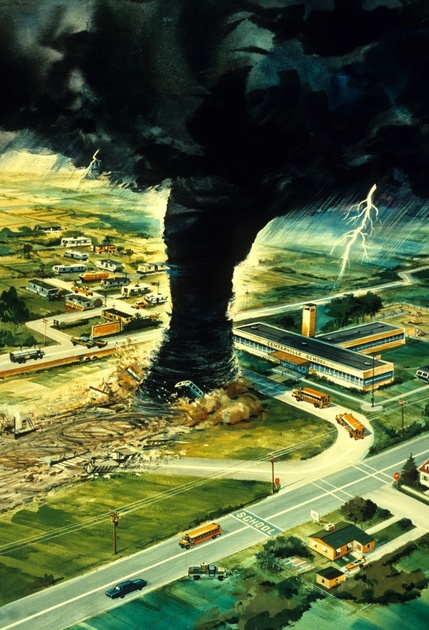
The average diaspora Jew of the Twenty-First Century is unaware of the extensive Halakhic literature devoted to repentance, abstentions and fasts due to communal calamities and tragedies. In Shulkhan Arukh Orach Hayyim (572-580) there are detailed codes of when, how and what to fast for. Plagues, tornadoes, earthquakes, droughts, locust, crop blight and even economic inflation and deflation are codified with precision. The rabbis took seriously how much to impose on the community so they had elaborate criteria to determine whether a situation was an anomaly that does not require repentance, or part of a tragic trend that does. Certain diseases it seems, are just individual issues, while others represent communal responsibilities and thus require public reflection, repentance and fasting.
The Chosson and Kallah Shmooze you WISH you had but NEVER Got
These laws yield insights that are relevant and inspiring in our current COVID situation. Here are a few examples:
In regard to certain fasts that are voluntary because the disaster is in its initial phases and may recede, the Kaf HaChayyim (578:3) warns:
“When a person fasts he should be careful not to become angry on that day. For one tends to be irritable when he is fasting. If one becomes angry on a [voluntary] fast day, it is preferable that he should eschew fasting and remain calm, and in good spirits toward people instead of quarreling.”
Another interesting halakha is that there was a custom not to observe Shiva during a plague, apparently because the emotional stress made one weak and susceptible to disease (Baer Heytev 576:2).
Also, if it starts to rain before midday during a fast on account of drought, there was a custom to stop fasting and instead offer thanksgiving prayers with a spirit of rejoicing and satiation (Shulkhan Arukh 575:12). It’s notable that some forms of worship require joy and celebration instead of affliction.
An additional idea that emerges comes from the text of prayer offered in the paradoxical situation of too much rain. Rain is a blessing, but ironically here it is causing floods and landslides. It is too much of a good thing, and the text of the prayer reflects this (Shulkhan Arukh 577:1):
“...Your people are unable to tolerate neither extreme benefits, nor extreme afflictions…”
This reaction in prayer is reminiscent of good parenting. Children should not be overindulged nor overwhelmed with discipline. It is not developmentally appropriate to parent with extreme punishments nor extreme leniency.
And one final observation. There is a section that describes the responsibility of the leaders to reflect on communal sins, and to enact measures to remediate them. Shulkhan Arukh (576:16) offers a number of examples of what might constitute collective guilt and opportunity for improvement. His examples are notable for what he includes and for what he omits. His specific examples include thieves and bullies. He does not mention specifically sins of modesty or sexual immorality, despite the Gemara telling us (Bava Basra 165a) that this is a common sin. I wonder if Rav Karo’s point was that such issues are private matters and not communal business or his sentiment was that theft and treachery are far worse, or both. Regardless, it is an important indicator of what should and what should NOT be the focus when leaders contemplate offering public rebuke.
Translations Courtesy of Sefaria, except when, sometimes, I disagree with the translation ![]()
If you liked this, you might enjoy my Relationship Communications Guide. Click on the link above.
Rabbi Simcha Feuerman, Rabbi Simcha Feuerman, LCSW-R, DHL is a psychotherapist who works with high conflict couples and families. He can be reached via email at simchafeuerman@gmail.com
 Previous
Previous

